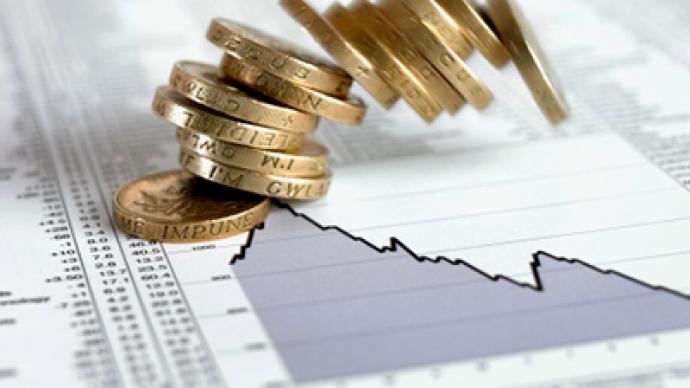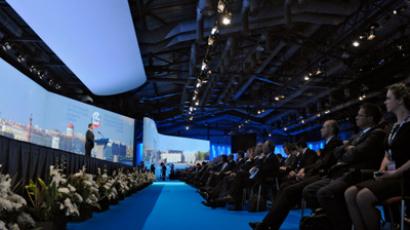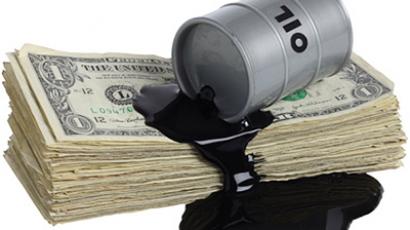Global investors at Renaissance Capital Forum: Charles Robertson

With the Government’s privatization programme in focus Business RT spoke with Charles Robertson, Global Chief Economist, at Renaissance Capital, about the factors at play providing the backdrop to the Russian economic outlook.
RT: What do you make of the announcement that Aeroflot will join the privatization programme?CR: “The more the merrier. The more companies that are being privatized the more positive that investors are going to feel about Russia. Generally there has been a feeling that the State has been too powerful, the State has held back competition, and the more we have privatized companies where the management is driven by the intention of key profits, and then hopefully taxes to the government and all of Russia, that’s what investors like to see too.” RT: What do you make of how the privatization programme has been going on so far? The Finance Minister is expecting revenues to be increasing by 25-50% in the second phase of the programme.CT: "Its looking good. I think Russia could give some advice to Greece on this one at the moment. They said you need to privatize. It’s a positive sign. We like to see the fact that progress is being made." RT: Russia is seeing a shaky situation. Oil is down to below $90/bbl today. The budget expecting a deficit this year. We are seeing capital outflows – what do you make of the current situation?CR: “The first thing on oil – it is a good thing for Russia that oil has come down. If oil was heading up to $120-130 on brent, in the longer run this would be a boom and bust cycle. We saw in 2008, we do not want to see this again in Russia. Much more sustainable for the world economy if the oil price stays around $90-$100, this is better. If the global economy grows stronger it is a more sustainable story, and that’s how you can make proper plans for the future. The second issue is about capital flight. Politics is playing some role here. There seems to be some concern about what will happen with the Presidential election next year. Clarity on that would help."RT: The capital outflow is $50 billion, the currency appreciating 8%. At the same time interest rates are not high enough to be attractive, as inflation is higher now. Is that going to change?CR: “Well the rouble has been strengthening with a number of other commodity currencies because commodities have been high. And so as oil comes down you can expect a less strong story on the currency. Again that is probably helpful. No country likes to see Dutch disease, where you lose competitiveness. And I think the Russian authorities have done quite well in keeping the Rouble less strong than say Brazil, which is horribly valued now, and they know it. So I think Russia is in a slightly better position actually.”














